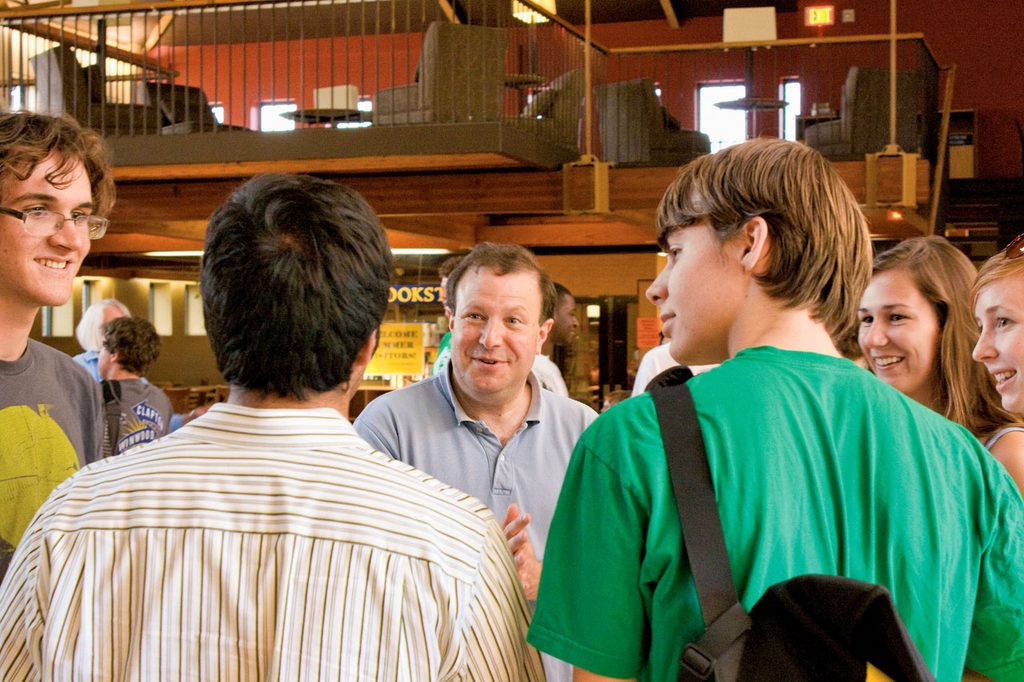
Each fall, thousands of parents entrust their sons and daughters to Carleton. In doing so, they have a number of expectations: They expect that we will help these young people grow intellectually, that we will put them on a path to fulfilling lives and careers, and that they will be happy, safe, and will flourish. Another important expectation—sometimes an unspoken one—is that the College will provide for their physical, emotional, and psychological well-being, for good health is a predicate to all the learning that takes place here.
We take this trust seriously, as we do the challenge of continuously working to make Carleton an ever-better place. Over the last several years the College has come to realize that the health and counseling services that we provide, while good and successful in many respects, were not fully meeting students’ expectations, nor were they reaching the level of excellence to which we at Carleton aspire. The College tapped the wisdom of experts at peer institutions, conducted internal reviews, and held repeated conversations with students, staff members, and other stakeholders to better understand the need for improvements in this area. Student government leaders made it clear that improving our health services was their number-one campus priority.
With leadership from Vice President Hudlin Wagner and the Dean of Students office, we’ve tried hard to respond to these concerns. We spent much of the past year evaluating the health and counseling services we provide relative to our peer institutions and deciding what enhancements were most needed to bring us closer in line with best practices and to accommodate our students’ needs.
This fall we are putting in place many of those enhancements at what we are now calling Student Health and Counseling (SHAC). Students don’t get sick in accordance with a 9-to-5 work schedule, so we’ve extended hours, added appointments for walk-ins, and expanded opportunities for students to get diagnosis and treatment from local health professionals, including phone triage. We’ve added a new nurse practitioner to our staff, and we’ve restructured other staff members’ duties to help ensure a more welcoming and nurturing atmosphere when students come through the door.
Students seek much of their information online, so we’ve revamped our health and counseling website (go.carleton.edu/shac) to give them clear and more helpful information about SHAC services, local medical providers, and how to get help when they need it. We’re moving to a new electronic health record system with online appointment scheduling and secure messaging—so students will be able to communicate with staff members in a confidential manner and log in to see their lab results as soon as they’re available.
We’ve also contracted with an outside provider to provide travel immunizations and physicals on campus for our many students who go abroad. And we’ve found better ways to transport students to Northfield medical providers and pharmacies when needed.
I am grateful to everyone who has worked on this project during the past four years, many of whom are now young alumni. I assure you that we’ll keep a close eye on whether or not these changes meet our students’ needs. If they don’t, we’ll make further changes—so we can live up to that all-important trust.